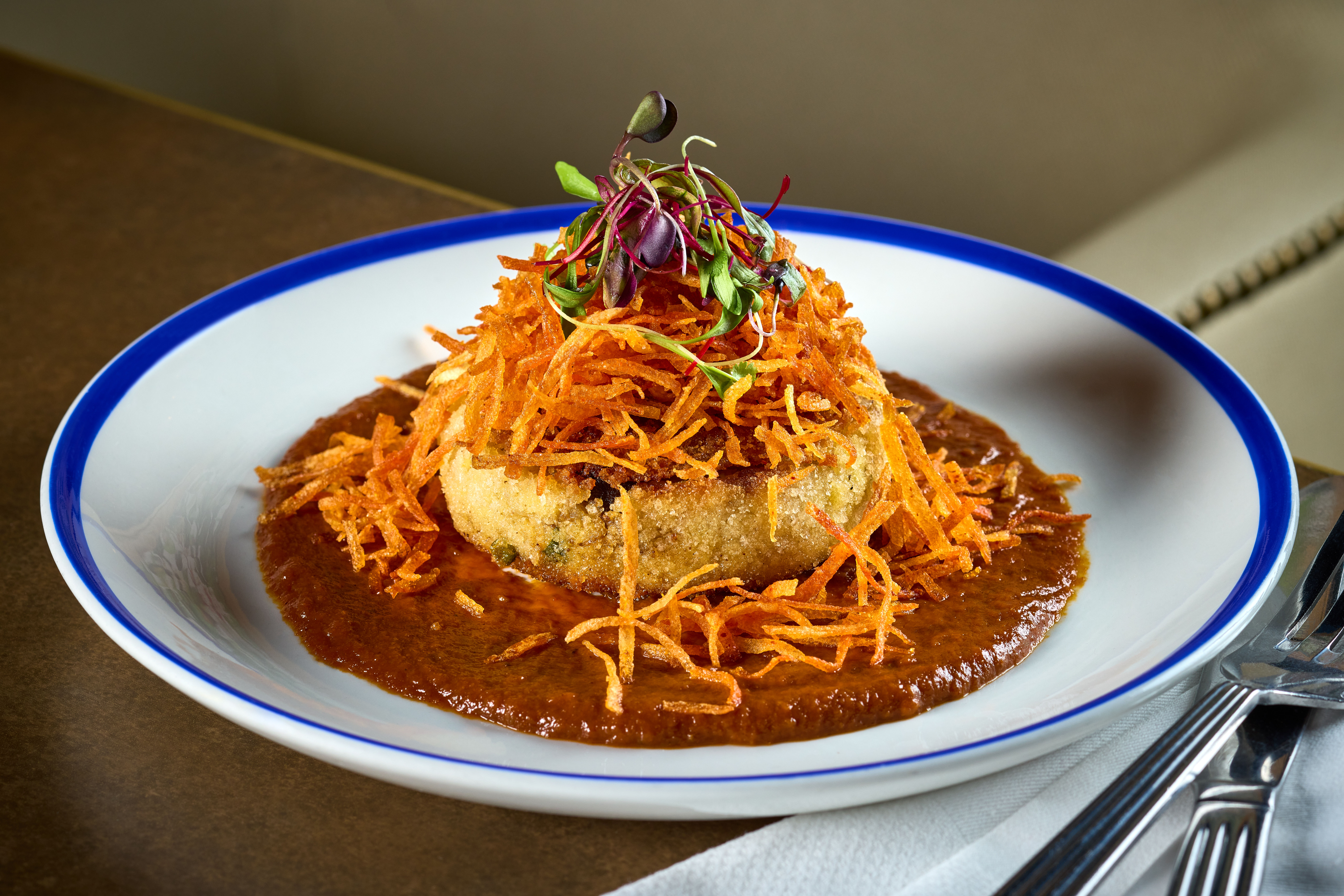WASHINGTON — Kevin Tien is the chef and co-founder of Himitsu, one of D.C.’s hottest and most critically acclaimed restaurants. But two nights a week, he is elbows-deep in dishes.
“Nobody is above anybody else. Everyone here does dishes; everyone here mops the floor; everyone here helps contribute to the menu. It’s a very team-oriented restaurant,” said Tien, a James Beard Award semifinalist and recent competitor on Food Network’s “Iron Chef Gauntlet.”
The even playing field that Tien has created at his intimate Petworth restaurant may have something to do with his ability to retain staff. Since its 2016 opening, nearly all 12 of Himitsu’s original employees still work at the restaurant.
All of the odds are against Tien. With new restaurants opening every week in D.C., some concepts are feeling the crunch when it comes to labor.
A 2015 report from the National Restaurant Association shows food-service jobs are becoming harder to fill. The same report goes on to detail that “18 percent of restaurant operators said ‘recruiting-and-retaining employees’ is the number-one challenge currently facing their business.”
Chris Floyd, a chef-turned-recruiter and owner of Capital Restaurant Resources, said the food industry has always had a high turnover rate. Some make a career within the business, especially those in cooking and managing roles. But for many, it’s a temporary profession — bussing, waiting and dishwashing are all common high school, college, and in-between jobs, jobs — and now, the growing number of options for restaurant workers is contributing to a shortage of sorts.
“There’s so much competition out there to get the good employees. And it’s not even just hard to hold onto them, it’s hard to find good employees, as well. And that’s in every level of the business, from busboys to dishwashers to executive chefs,” Floyd said.
In 2016, there were more than 2,260 eating and drinking destinations in D.C., according to data from the National Restaurant Association — and that number continues to grow. By 2028, the number of restaurant-industry jobs in the city is expected to exceed 73,000.
“There are a ton of options now. It’s really phenomenal how much the restaurant business has exploded,” said Ruth Gresser, chef and owner of Pizzeria Paradiso.
This fall, Gresser’s restaurant, which has four D.C.-area locations, will celebrate its 27th birthday. And for about 20 of those years, Gresser has held on to a core group of her staff.
“What we’ve found over the years is that we’ve created a place where people do want to stay,” she said.
So what’s the secret in this ultracompetitive environment? Floyd said industry leaders, such as Danny Meyer of Union Square Hospitality Group, tapped into it a while back. His philosophy is to treat employees like guests of the restaurant. He feeds them, educates them and fosters their ambitions.
“You’re starting to see this in more modernized management cultures where they do really take the time to appreciate and train staff because they realize how valuable they are to their businesses,” Floyd said.
Gresser takes a similar approach. She said her vision from day one was to create a welcoming environment for everyone involved.
“I wanted a nice place to work. I wanted to make good food, and I wanted a nice place to make it in. And that’s sort of the underlying piece that has created the culture that is Pizzeria Paradiso,” she said.
Vacation time, sick time, 401(k) options, even birthday cards — all of which Gresser offers — help too. She has found that happy employees create a happy environment, and thus, happy guests.
Floyd said some restaurant owners are going above the traditional competitive salary and benefits package to attract and retain employees.
“I see a lot of companies that do a lot of nice perks for people, from providing them with cellphones, to parking, to dining out allowances, computers, education stipends — these are all very important to keeping your staff and making them happy, but also making them better employees in the long run,” he said.
Prioritizing a work-life balance, which is difficult in an industry that thrives on nights and weekends, is another way to attract and retain staff, Floyd added.
Twice a year, Gresser closes down her restaurants to treat the staff to a winter party and summer picnic. On Christmas Eve, she goes to all four Pizzeria Paradiso locations and makes the staff a lavish breakfast.
“It’s something that’s institutionalized now,” she said about the annual meal.
Tien’s approach is less ceremonious, but just as effective. In the back of his mind is always the saying, “You’re only as strong as your weakest link.”
“This industry can be selfish, and it’s always about what the owner wants, what [the chef] wants, but it’s kind of like a give and take. You have to see what [the employees] want as well because, honestly, your business can only go so far as your staff will want to take you,” Tien said.
If an employee has an idea for the menu, Tien lets him try it out, no matter his position.
“We’ll taste it, and if it’s super tasty, it’s going on the menu,” he said.
“I don’t want to restrict anybody. I think that’s the worst feeling in the world to be restricted, to not be able to do what you want to do the most. I think that’s where the best products come from.”







